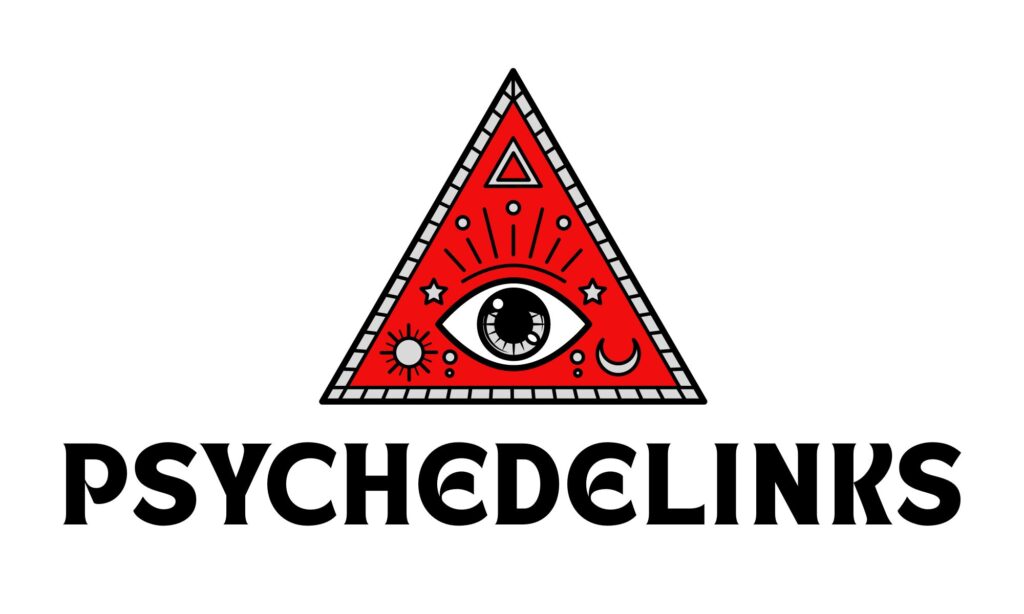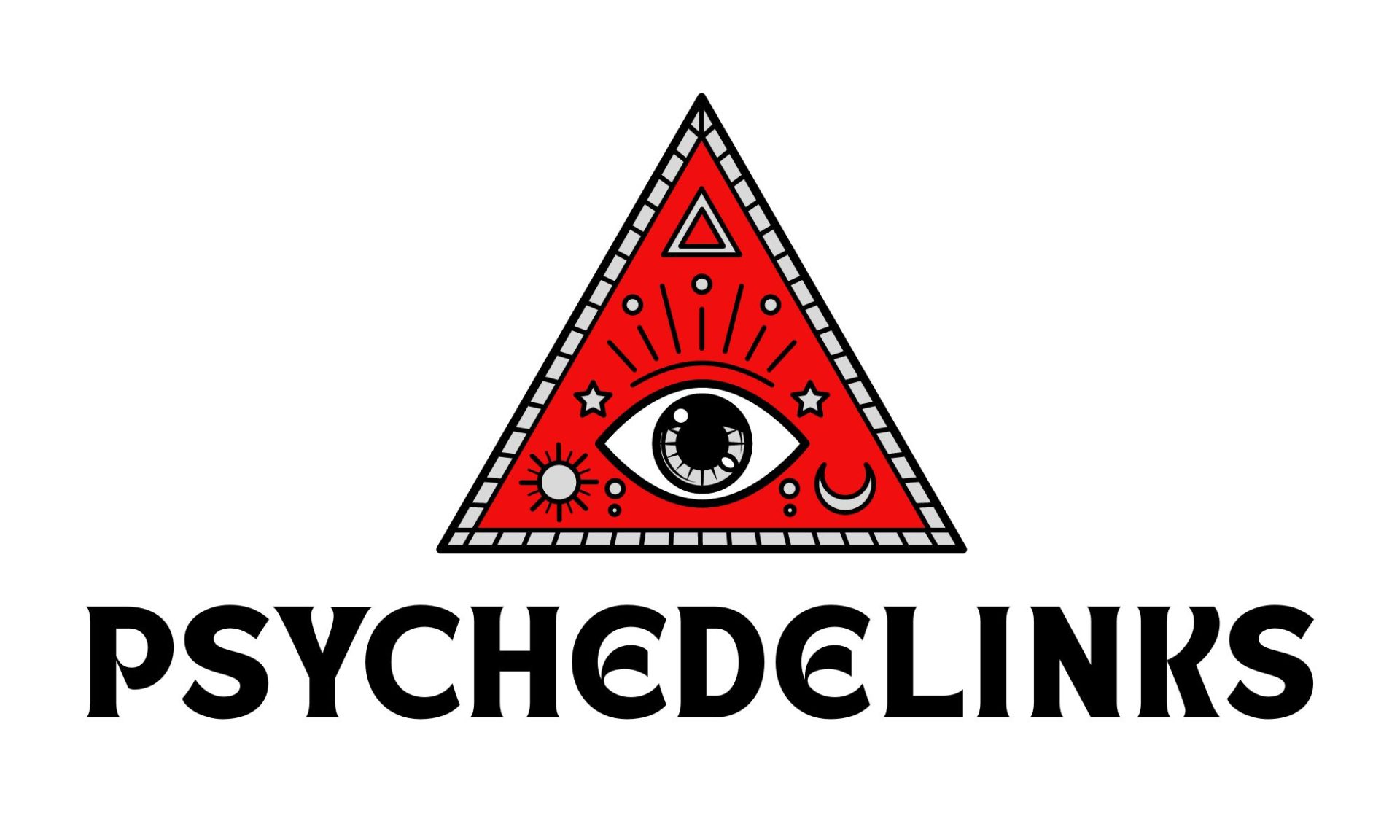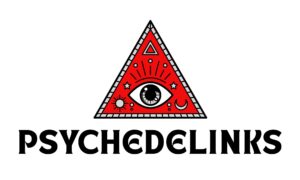PsychedeLinks is a curated selection of top news stories impacting business, research, and culture in the psychedelics ecosystem, crafted by Emerge Law Group’s groundbreaking Psychedelics Group.
Emerge’s Hot Take
Earlier this month, the Drug Enforcement Administration (DEA) postponed administrative hearings on the proposed Schedule I classification of psychedelic compounds DOI and DOC due to a recent federal court challenge of the constitutionality of the scheduling process. The hearings, previously scheduled for June, were cancelled indefinitely in response to a complaint and request for injunctive relief filed against the DEA by Panacea Plant Sciences. In the complaint, Panacea alleges that the use of administrative law judges in the hearings phase of the DEA’s final rulemaking process is unconstitutional. The complaint marks the latest development in a long-term dispute over DEA efforts to assign Schedule I status to several tryptamine-based psychedelic compounds being researched for therapeutic use. The DEA will revisit the administrative hearings once the federal court issues its decision in Panacea’s complaint. In the meantime, both parties must “submit joint status reports every 60-days until the case is resolved.”
“We’re seeing more and more cases being argued at the federal level within the psychedelics space,” notes Emerge Law Clerk Leticia “Tish” Maskell. “While we can’t say with certainty how the court will ultimately rule on Panacea’s complaint, the fact that the related hearings are postponed pending the outcome of the case shows that courts are taking the constitutional challenge seriously. The court’s response to Panacea’s request for temporary injunction would likely have been very different ten, even five, years ago. Admittedly, much work remains to be done. However, the postponement of the hearings is a definite indicator of progress in the legal system’s treatment of the psychedelics field.”
Other Noteworthy News
Former Oregon Twitter Exec Credits Elon Musk for Career Change to Psilocybin Therapy
PORTLAND BUSINESS JOURNAL – “Three days after [Elon Musk] took control of Twitter, [Karyn (Kat)] Thompson’s 20-plus year stint in the tech industry came to an abrupt end. She learned she was part of a 4,000-employee layoff when she lost her access to the company Slack at 9:52pm. That was in April 2022. Now Thompson is six months into a new life as a psilocybin entrepreneur. Thompson opened Fractal Soul, a licensed service center, in Beaverton last November. Now serving as CEO, she has 10 employees on the payroll and rents out Fractal’s space to about 40 outside psilocybin facilitators. Six months before Fractal Soul opened its doors, Thompson put up a website to collect leads. She offered free consultations in July and August. By the time she opened, the first two months were already booked. [More recently] with more than two dozen service centers now vying for business, Thompson said she is working to differentiate her business as ‘super personable […] Our consumer is getting more savvy. People find their home base. We’re so relationship-oriented. People feel like they’re not booking with a stranger.’”
Proposed Bill Would Allow the Use of Psilocybin for Adults in New York State
NEW YORK PIX CH. 11 – “A new bill proposed in the New York State Assembly on Tuesday would allow the growth, cultivation, and regulated use of psilocybin, a psychedelic compound typically found in magic mushrooms, to be used for certain health conditions. Under the new bill, conditions like anxiety, cancer, depression, and PTSD could be treated with magic mushrooms. New York Assembly Bill No. 10375 was referred to the Committee on Health, according to the New York State Assembly. The new proposed bill still has a journey to go through in the legislative process before it becomes law, but it took decades before marijuana was made legal for adults in New York State. The U.S. government still classifies Magic Mushrooms as a controlled substance with no accepted medical use. However, studies have concluded the psychedelic chemical in ‘magic mushrooms’ (psilocybin) may ease depression in some hard-to-treat patients.”
Drugs, Sacraments, or Medicine? Psychedelic Churches Blur the Line.
NEW YORK TIMES – “As psychedelics show promise as treatments for depression, trauma and addiction, they are increasingly being offered at retreats that blend spirituality with alternative medicine by people who assert that their dispensing of such compounds is protected under religious freedom laws. There is no official count of psychedelic churches, but an association of them, established two years ago, says it has more than 60 groups in North America. Two churches, in New Mexico and Oregon, sued the Drug Enforcement Administration in the 2000s, winning the right to import and serve ayahuasca, a psychoactive Amazonian brew. The ruling set a legal precedent at the intersection of religion and drug policy, but as new organizations have emerged rapidly in recent years, the courts are grappling again to determine what constitutes a church. The growing field includes a wide range: retreat businesses, operations that sell psychoactive drugs online and congregations that hold worship services regularly in keeping with longstanding traditions.”
LISTEN: One Year of Psilocybin in Oregon – Availability Increases While costs Remain High
JEFFERSON PUBLIC RADIO – “Oregon’s first service center for the psychedelic drug psilocybin received its license one year ago this month. Since EPIC Healing Eugene became the state’s first psilocybin service center last May, the number of centers, where psilocybin can legally be consumed by those over 21, has grown significantly. The state now has 27 service centers and over 300 licensed facilitators, according to Heidi Pendergast, the Oregon director for the nonprofit Healing Advocacy Fund, which supports and educates about psilocybin programs.”
Subscribe
Subscribe to PsychedeLinks to receiveessential biweekly articles on news, business, and culture in the psychedelics industry, delivered straight to your inbox.


